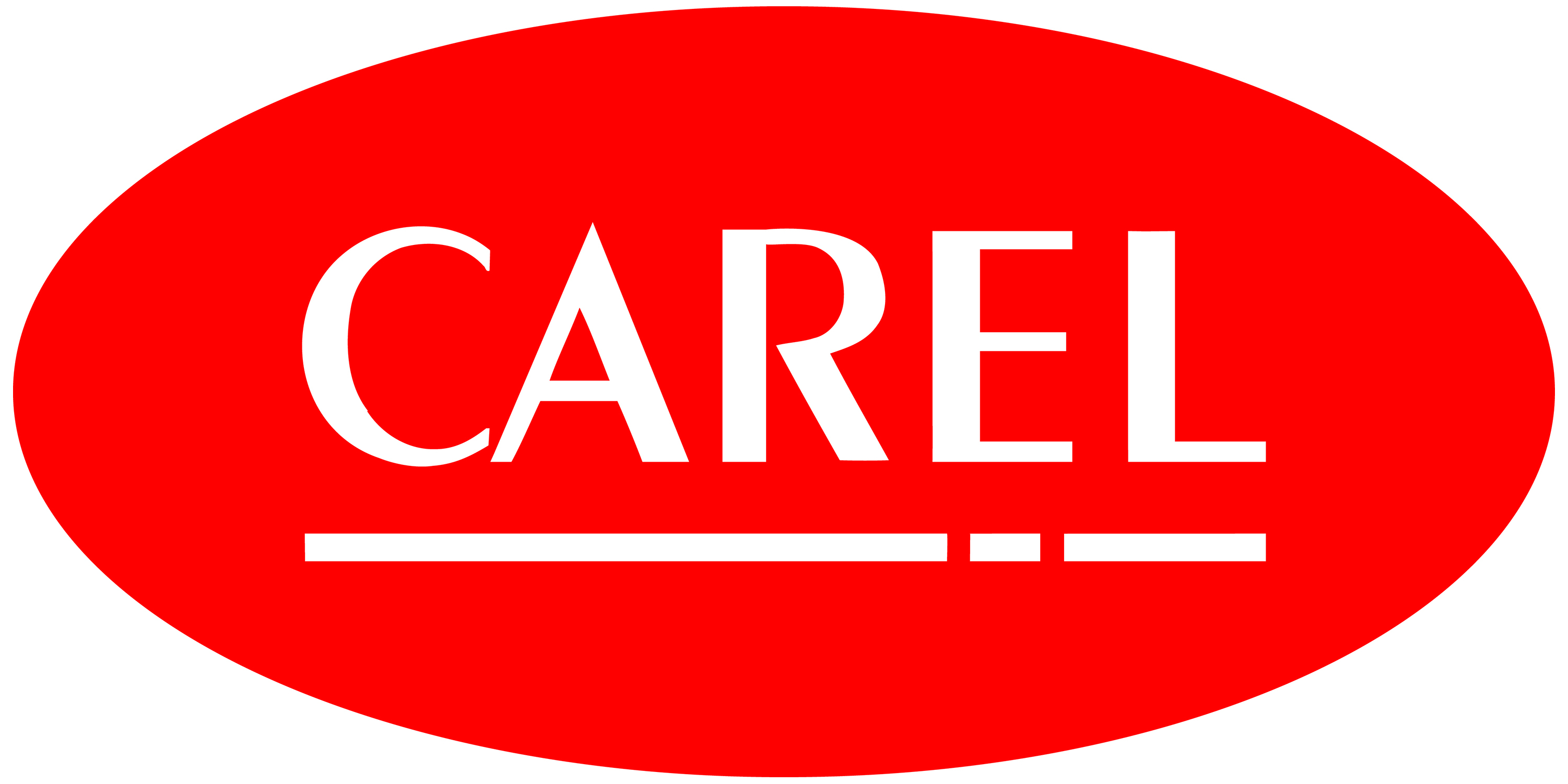Driven by the Future: el compromiso de hacer de la sostenibilidad nuestro principal negocio
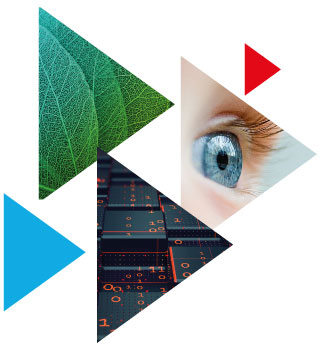 The history of sustainability at CAREL has already lasted 50 years and was born with the Group in 1973. Over time, technologies, needs and sensitivities have evolved, as have the objectives and the means to achieve them. Today, even more than in the past, the strategy that guides innovation within the Group has environmental sustainability as its main target. This is pursued through two different however converging routes: on the one hand, the maximisation of energy efficiency with increasingly smart and interconnected products and, on the other hand, a significant contribution to the transition towards the use of natural refrigerant gases and fluids with low polluting impact. This is especially important considering that more than one-fifth of the energy consumed worldwide each year is related to the Group's reference applications and that conventional refrigerant gases (HFCs), if leaked into the atmosphere, can produce a greenhouse effect thousands of times more harmful than carbon dioxide.
The history of sustainability at CAREL has already lasted 50 years and was born with the Group in 1973. Over time, technologies, needs and sensitivities have evolved, as have the objectives and the means to achieve them. Today, even more than in the past, the strategy that guides innovation within the Group has environmental sustainability as its main target. This is pursued through two different however converging routes: on the one hand, the maximisation of energy efficiency with increasingly smart and interconnected products and, on the other hand, a significant contribution to the transition towards the use of natural refrigerant gases and fluids with low polluting impact. This is especially important considering that more than one-fifth of the energy consumed worldwide each year is related to the Group's reference applications and that conventional refrigerant gases (HFCs), if leaked into the atmosphere, can produce a greenhouse effect thousands of times more harmful than carbon dioxide.
With the listing in the Italian Stock Exchange in June 2018, a further deepening awareness of the sustainability theme began, and since 2021, CAREL embarked on a multi-year path of concrete actions through its first Sustainability Plan, summarised in the concept “Driven by the Future - Sustainability in action”, reflecting CAREL's idea of the future and its intended contribution to the trajectory of global sustainable development.
In the Plan, the following Areas of Commitment are identified:
- Environmental Policies: reducing consumption and greenhouse gas emissions and encouraging responsible use of energy resources while helping to combat climate change.
- Innovation and Technology: identifying and developing platforms, products, and services to increase energy efficiency and reduce the environmental impact of the industry in which the Group operates, fostering the circular economy. Offering specialised products and services that meet the highest quality standards in order to maximise customer satisfaction.
- People: fostering employee engagement, well-being, personal and professional growth, and ensuring high safety standards all throughout the value chain.
- Communication and sustainable development of local communities: strengthening the Group's reputation and visibility regarding the strategy in terms of ESG and sustainability policies, defining the ESG Corporate identity through the constant involvement of all key stakeholders. Contributing to the creation and dissemination of a culture of sustainability in line with the Group's values. Contributing to the social, cultural and economic development of the community in which the Group operates, creating the conditions for sustainable development.
- Sustainability Strategy and Governance: developing and maintaining a responsible governance system aimed at integrating sustainability with the Company's business plan, establishing fair and transparent relationships with suppliers and business partners, ensuring appropriate and adequate disclosure and governance of non-financial data and information, and managing ESG risks.
All this can be summarised in 3 words: ENVIRONMENT, SOCIAL and GOVERNANCE.
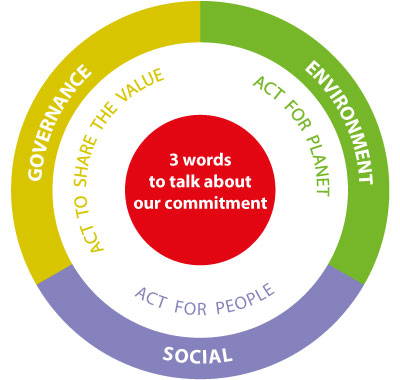
Through the definition of these Areas of Commitment, CAREL also reinforces its willingness to actively contribute to the achievement of some Sustainable Development Goals (SDGs) defined by the United Nations 2030 Agenda.
![]()
The plan has been translated concretely into 55 sustainability goals that are in turn broken down into specific targets that will be achieved through the involvement of all 13 company departments and an economic commitment of more than 2.6 million euro.
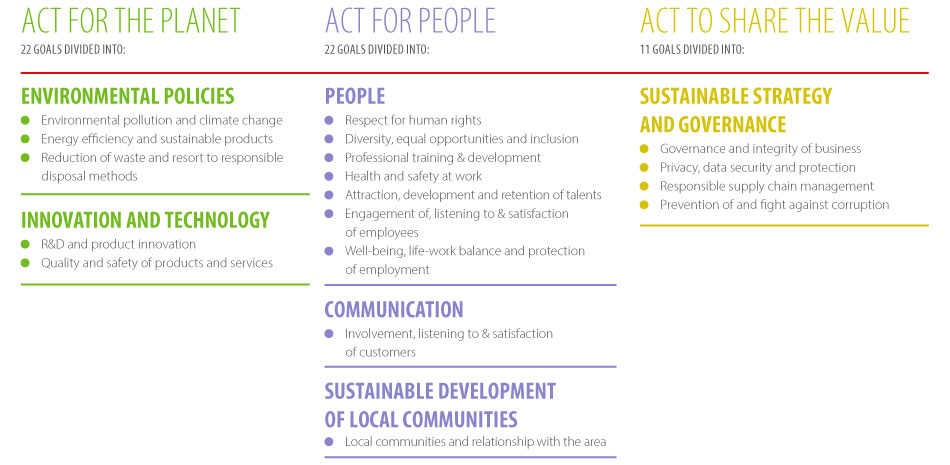
In order to ensure constant alignment with the evolution of the business strategy pursued by CAREL, the Sustainability Plan was then developed in such a way as to allow for the periodic inclusion of new goals and will be subject to constant monitoring regarding the progressive achievement of the goals.
To find out more, to learn how these actions will be implemented, and to be updated on the progress of the multiple projects, visit esg.carel.com.
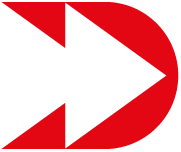
Since 2022 CAREL has been a member of the UN Global Compact initiative, which indicates the commitment to contribute to a new phase of globalisation, characterised by sustainability, international cooperation and partnership. By participating in this initiative, CAREL has embraced a set of principles on human rights, labour, the environment and anti-corruption, that promote the values of sustainability in the long term through political actions, business practices and responsible social and civil behaviour taking into account also future generations.
Specifically, the organisations participating in the UN Global Compact initiative commit to:
- make the ten principles an integral part of their business strategy, day-to-day operations and organisational culture;
- incorporate the ten principles in decision-making processes at the highest levels;
- support the goals of the United Nations, including the Sustainable Development Goals (SDGs);
- report annually to their stakeholders on progress in implementing the ten principles;
- advance the UN Global Compact and the case for responsible business practices through advocacy and outreach to partners, customers, consumers and all stakeholders.
In 2022 CAREL improved its MSCI ESG rating (from “A” to “AA”), joining the ESG Leaders category, i.e., those companies that best manage ESG risks and opportunities. In 2022, it also improved its CDP (formerly Carbon Disclosure Project) - the global not-for-profit organisation that monitors, inter alia, corporate performance in the fight against climate change - rating from “C” to “B-”, joining the “Management” category, which includes companies that work to manage their environmental impact. Finally, in 2022, the Group took part in the ECOVADIS rating process for the first time, obtaining a silver medal and ranking in the top 16% of organisations in its sector. This rating is particularly important for the supply chain; indeed, it is often considered a prerequisite for being selected as a supplier.
